Why blind wine tasting?
WHY DO BLIND WINE TASTING?
We humans are highly impressionable creatures.
We pride ourselves for our reasoning, logical, and distancing ability to be impartial in most all matters.
Yet despite the talk, there is very little to back this sentiment up. And certainly don’t try to do so with your judgement during wine tastings!
By tasting wines blind - you essentially level the playing field amongst all wines, or at the least, amongst all wines from a specific region or of a specific varietal that you’ve chosen to taste test.
Impartiality is the upholding principle in wine tastings and wine ratings.
So if we know beforehand what wines we’re tasting, that impartiality will be irreparably damaged - perhaps completely lost.
Here’s an example that proves this point:
Famous Blind Wine Tasting Experiment:
In 2001 a famous experiement took place about the psychological effect of the “confirmation bias” - and not only that, but the experiment focused in on the wine drinking experience itself.
Frederic Brochet, professor at the University of Bordeaux School of Enology, tested the ‘impartiality’ we all believe we possess, against the ‘confirmation bias’ principle in psychology.
The experiment went like this:
- Brochet presented 57 participants with two red wines to taste - and judge.
- One was labeled as a simple vin de table (table wine in French) and the other as a Grand Cru, a prestigious label and title indeed.
- The participants tasted both wines, without commentary or interference from others or from Brochet himself. Than they were asked to write down the best descriptors for both wines - the ‘vin de table’, and the ‘Grand Cru’.
- The collective reaction to the two wines was clear: the ‘Grand Cru’ received 40 descriptions of ‘good’ - the vin de table only 6. The vin de table was described as weak by 27 tasters, whereas only 9 chose that adjective to describe the ‘better’ wine.
Experiment Results....
What’s the final (perhaps predictable) punch? The Grand Cru and the vin de table, the duo that generated such polarized reactions and descriptions from the tasters, were both in fact the very same wine - a red Bordeaux that Brochet judged fell squarely in quality between both labels presented.
Brochet concluded that:
“It was observed that the label...influenced, in a preponderate fashion, subjects’ representations...A tasting with or without labels does not produce the same representations. A real organoleptic appreciation of a wine should be carried out in the absence of all imaginary reference.”
What the study means for casual wine drinkers...
As a casual wine drinker - one who doesn’t have a reputation and career as a wine critic, writer, or sommelier at stake - this point may be moot.
Visiting a winery for a wine tasting, it’s all but impossible to not let the wine labels, the winery atmosphere, and the staff behind the bar influence how you experience the wine.
But even so - blind tasting has its place for casual wine drinkers too.
Blind wine tastings help wine drinkers sharpen their perceptions and make them more astute and sensitive to the wine in their glass.
Learning to pick up on the flavor profiles of different types of wines can instantly make you more confident in sifting out the ‘good wines’ from the rest.
Plus, at the end of the day, blind wine tasting parties are just fun, and make great wine tasting party ideas...
There are two methods for blind wine tasting:
Method #1: "Double Blind"
“Double blind” is blind wine tasting in its purest, most extreme form, where the wine taster is given absolutely no reference, information, or imagery concerning the wine.
The wine taster is truly left to her one devices to detect what type of varietal(s) have been used to produce the wine, what region the wine might be from, etc, etc.
The problem with the double blind wine tasting method is that is completely erases context - which in fact blurs one’s otherwise good judgement about the wine.
Method #2: "Single Blind"
“Single blind” tasting means that some context on the wine is given, without it interfering with one’s perception of the wine’s quality.
This means that some context is provided - such as vintage, appellation and grape variety, as appropriate. What is not disclosed is the wine brand, wine maker, or of course, price point.
It could be argued that even an appellation reveals too much information - since some appellations have a longstanding history of excellent wine quality.
Even so - the single blind method is what most serious wine critics employ to keep their impartiality intact, including tasters at the Wine Spectator, the wine magazine that has generated over 250,000 reviews, vowed on impartiality and pride in one’s love of wine.
* * * * * * *
| New Jersey Wineries › Wine Tastings › Blind Wine Tastings |
Have A Great Story About This Topic?
Do you have a great story about this? You can share it here without needing a Facebook account! You can even upload pictures!
What's New?
-
Dr
Dec 04, 14 04:30 PM
When France lost Algeria in 1960, a great worry of winemakers wad what are we going to do now? French wines from many regions WERE B,ENDED WITH MUCH STRONGER -
How to make port wine - and history!
Dec 04, 14 03:26 PM
How to make port wine - delicious, heart-warming, the perfect gift -
Wine accessory shopping for the holidays
Nov 01, 14 04:25 PM
Wine accessory shopping for the holidays

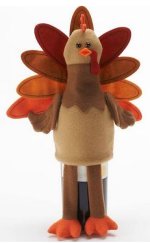


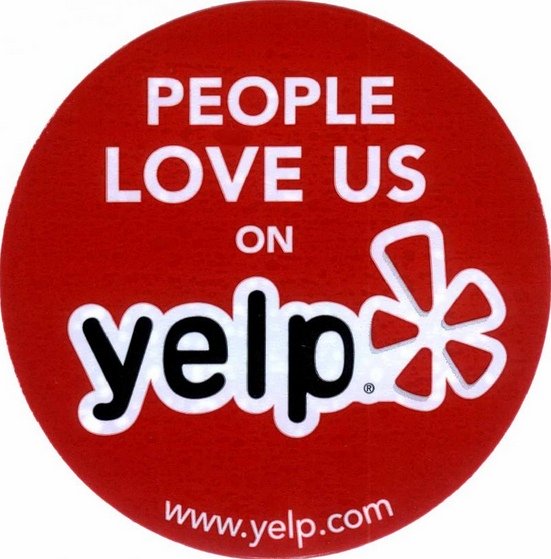





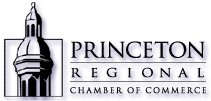
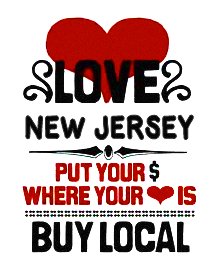








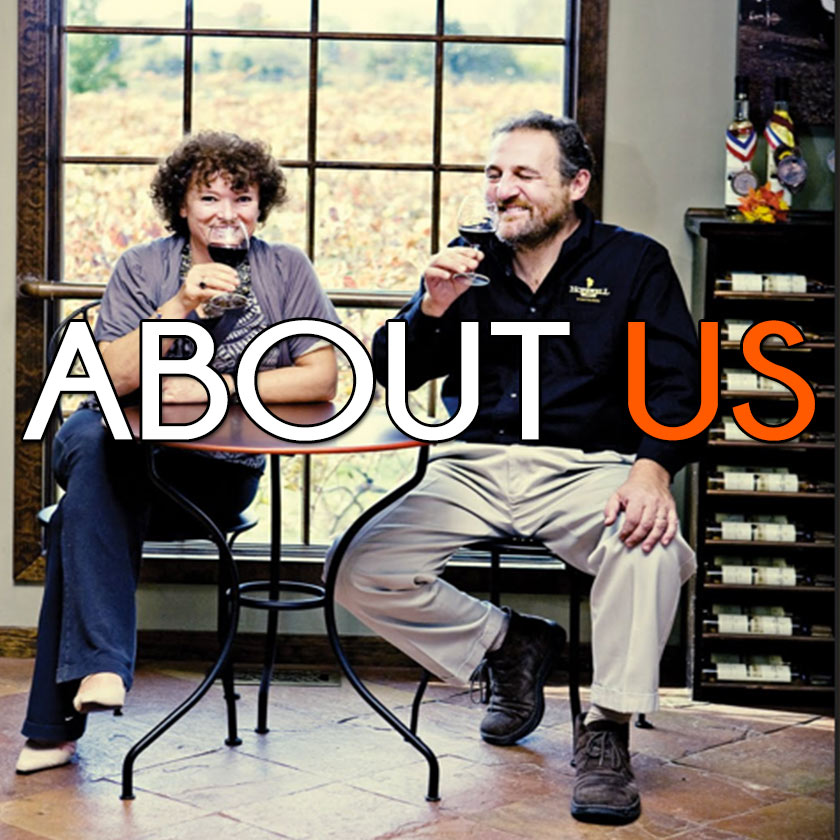
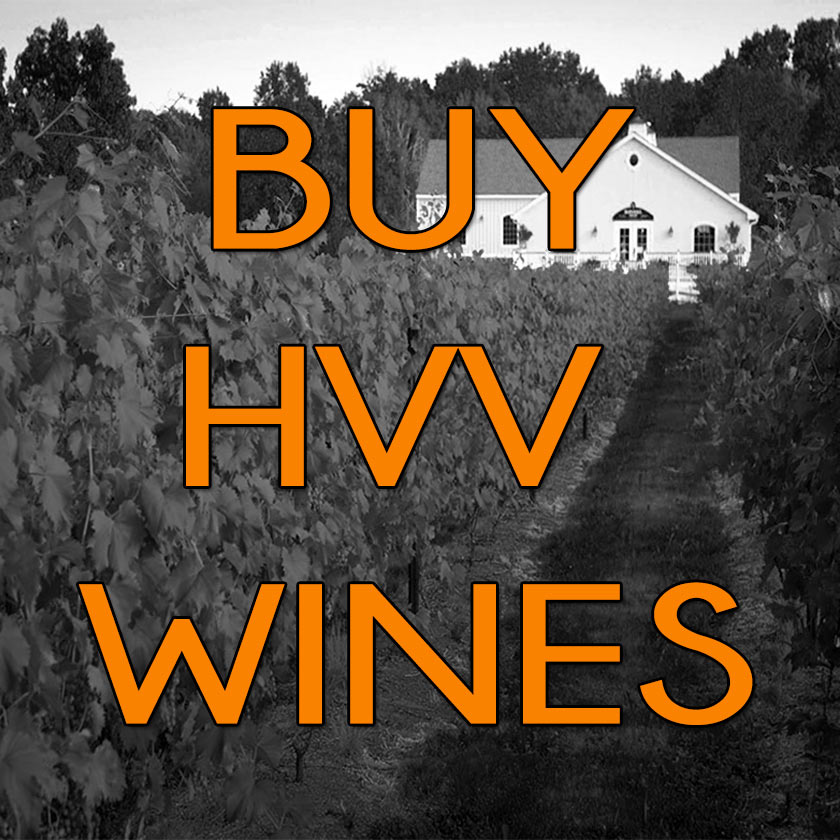
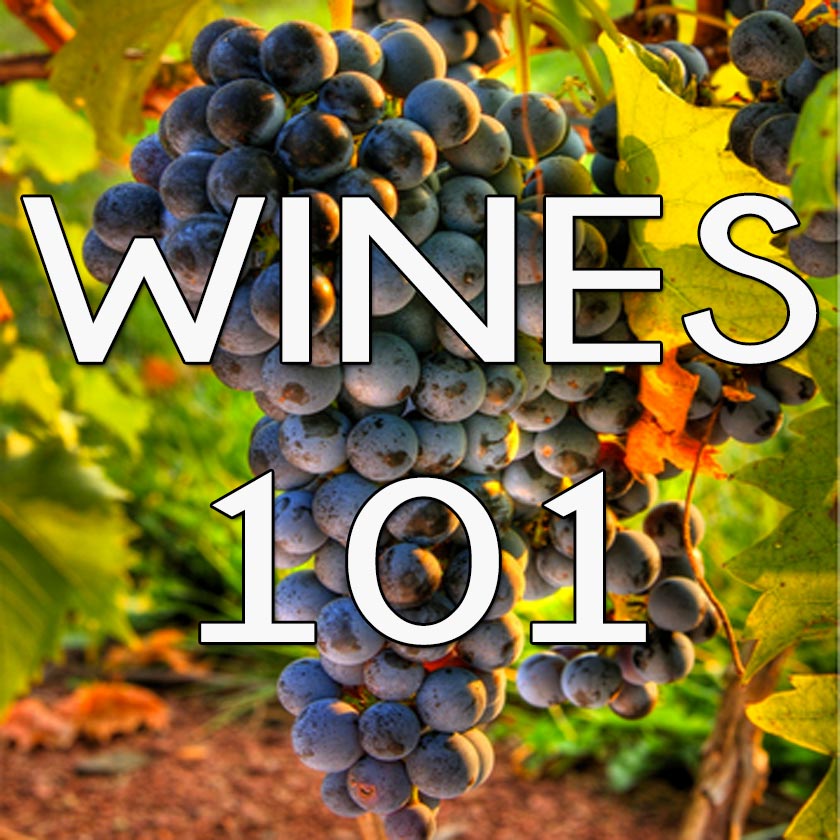
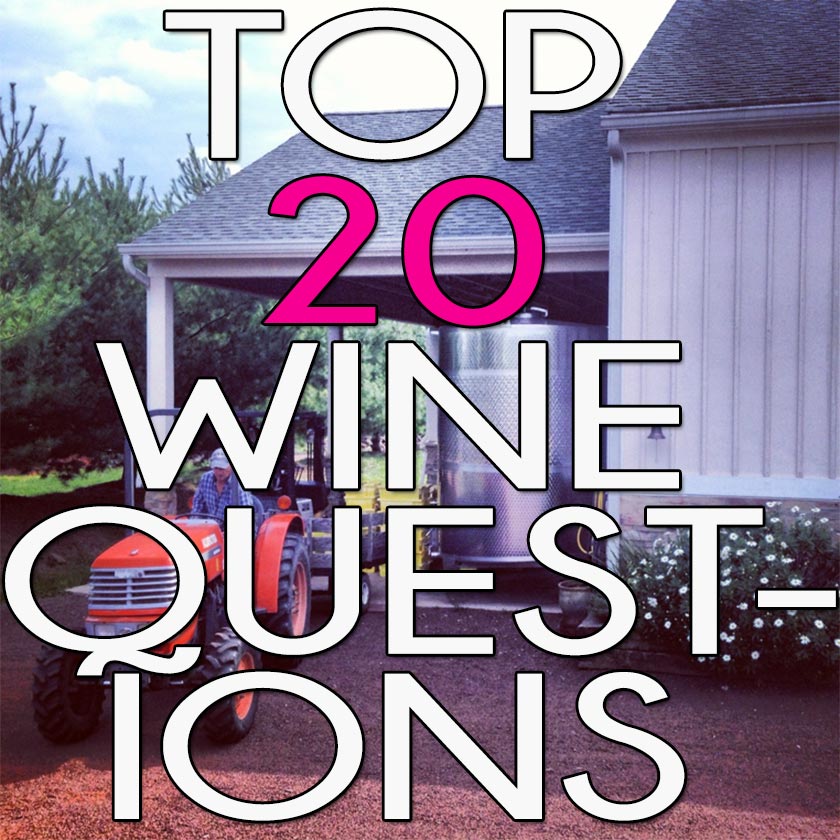
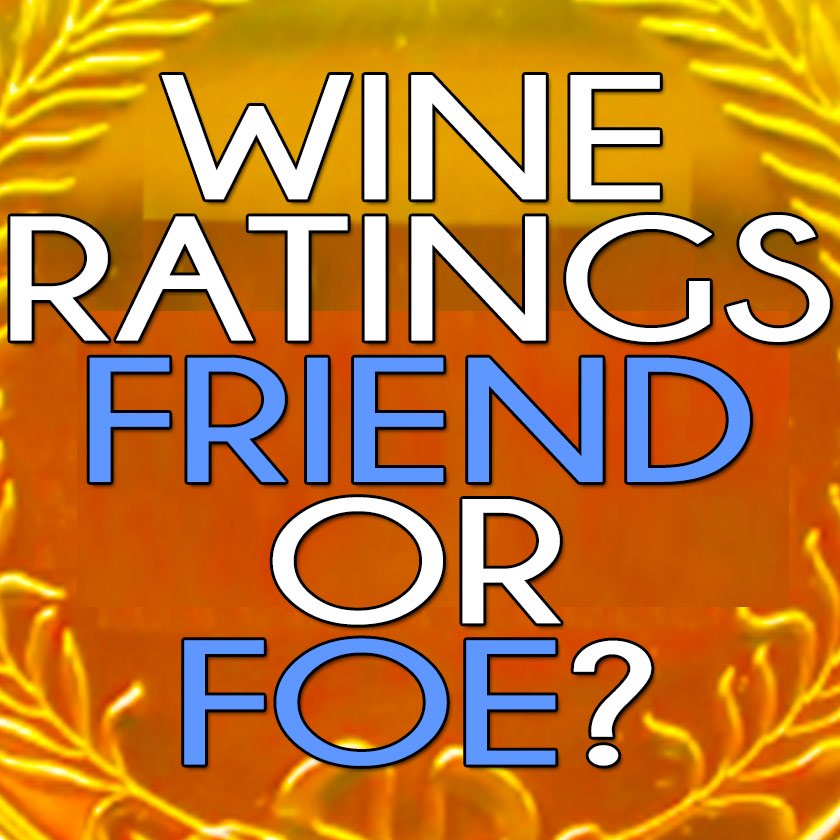
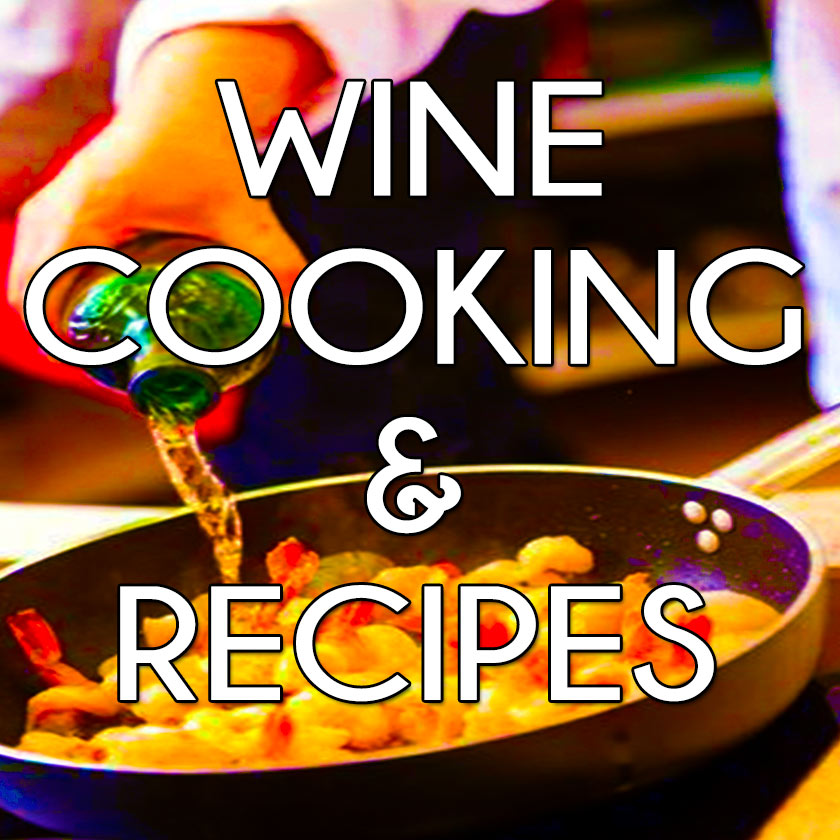
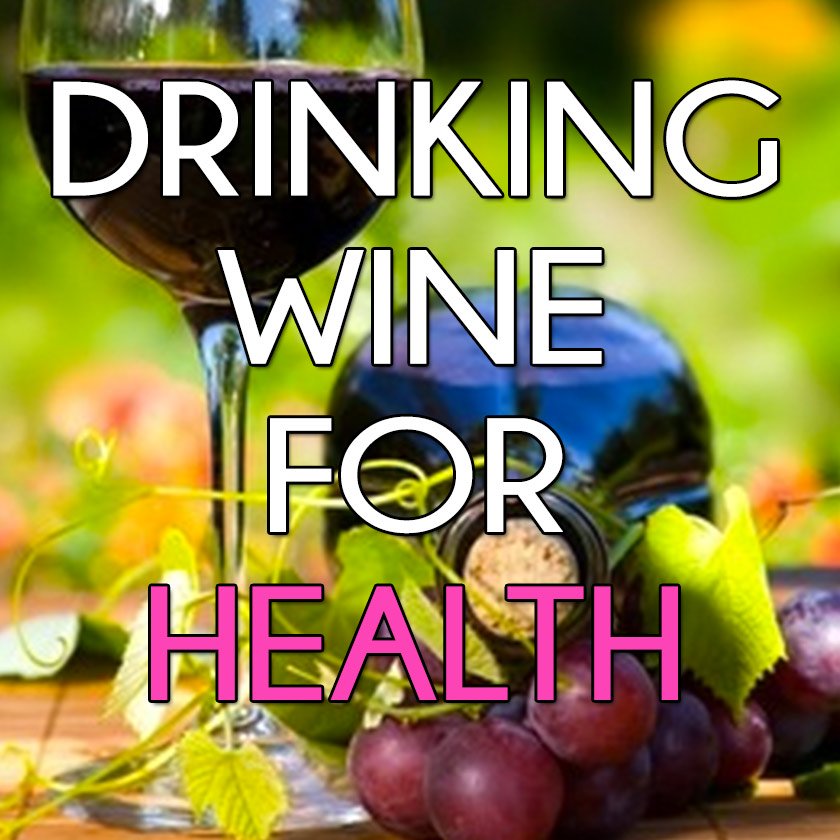

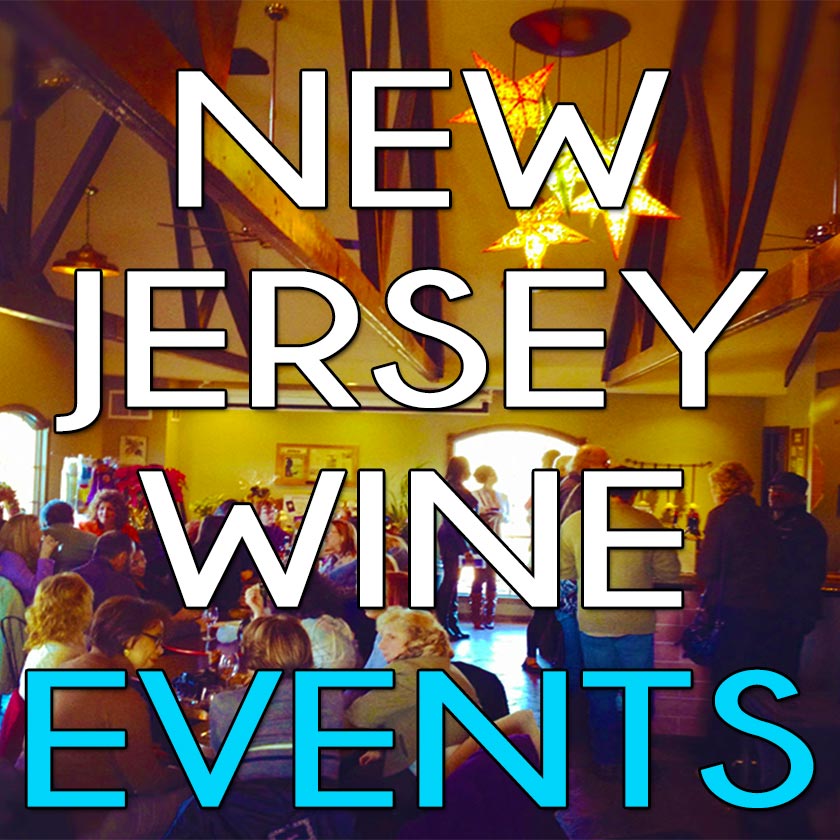
New! Comments
Have your say about what you just read! Leave me a comment in the box below.